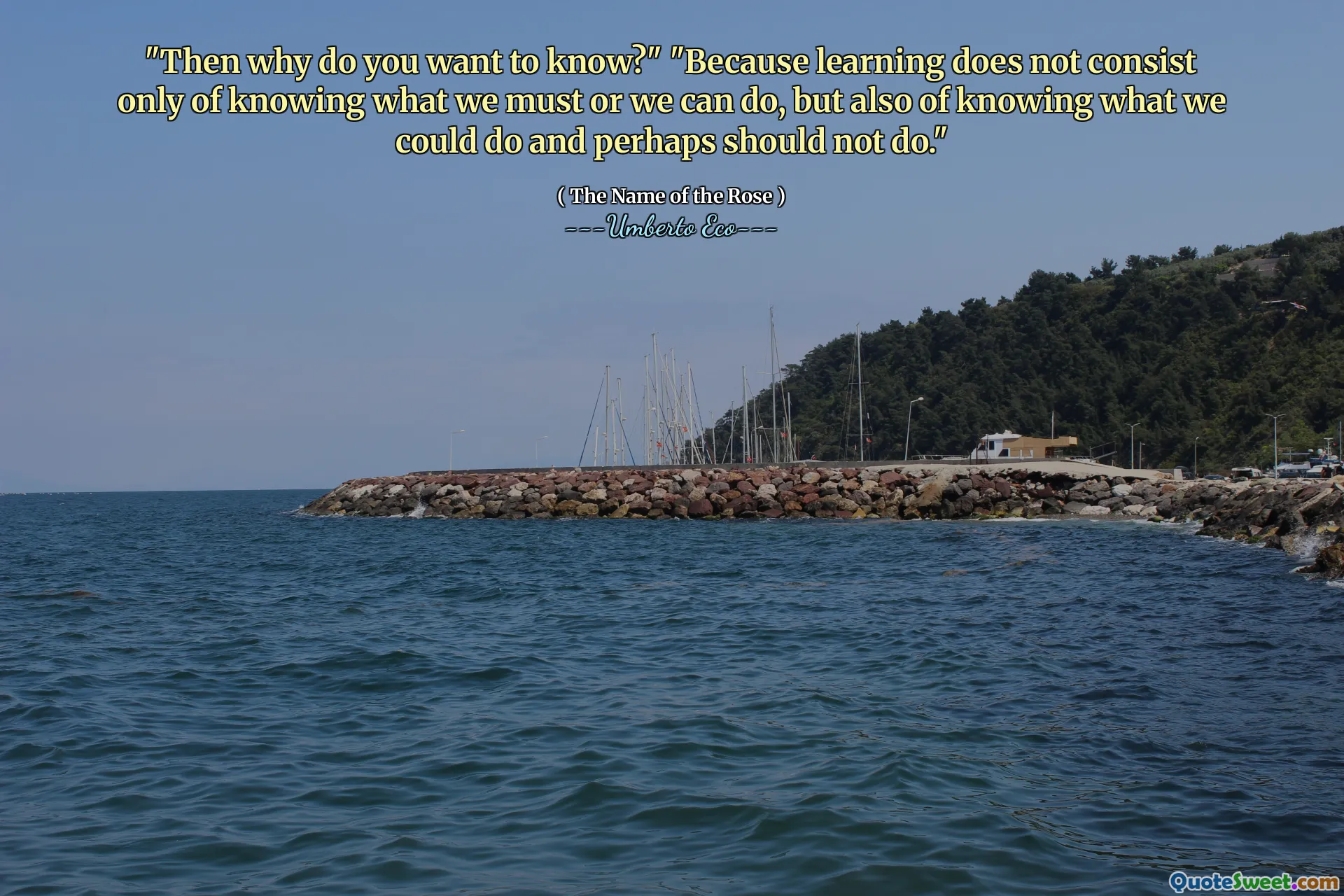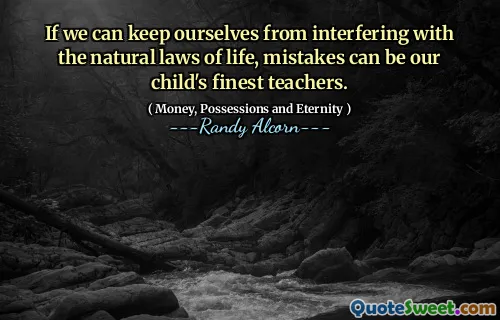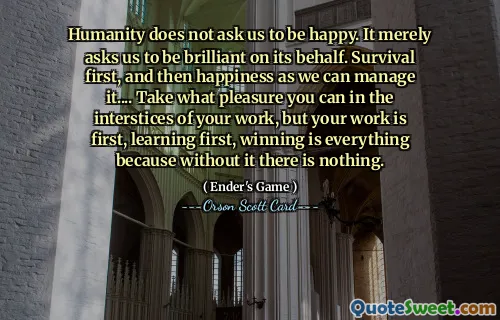
"Then why do you want to know?" "Because learning does not consist only of knowing what we must or we can do, but also of knowing what we could do and perhaps should not do."
This quote emphasizes a profound and often overlooked aspect of learning: it is not merely about acquiring knowledge or capabilities but equally about understanding the ethical and moral boundaries that should govern our actions. In many educational or self-improvement pursuits, the focus tends to be on what is possible or permissible—skills we can master, rules we must follow. Yet, true wisdom involves recognizing the full spectrum of our potential, including those actions that, although possible, may not be advisable or ethical.
By suggesting that learning includes knowing what we "perhaps should not do," the quote touches on the importance of critical thinking and discernment. It challenges the idea that all knowledge should be actively pursued or applied without restraint. Instead, it encourages a reflective attitude, where one weighs the consequences and moral implications of their actions. This aligns with broader philosophical traditions that view knowledge not just as power but also as a responsibility.
In the context of Umberto Eco's work, "The Name of the Rose," this perspective likely resonates with the intricate interplay of knowledge, power, and ethics explored in the narrative. The quest for knowledge is complicated by human fallibility and the risks of misusing what one learns. Therefore, this quote serves as a reminder that intellectual growth demands humility, self-awareness, and a conscientious approach to how we use our capabilities.
Ultimately, this insight encourages learners not only to expand their horizons but to consciously choose their paths, understanding that some actions, despite being within the realm of possibility, may lead to harm or regret. It is a call to wisdom, balancing capability with conscience.




